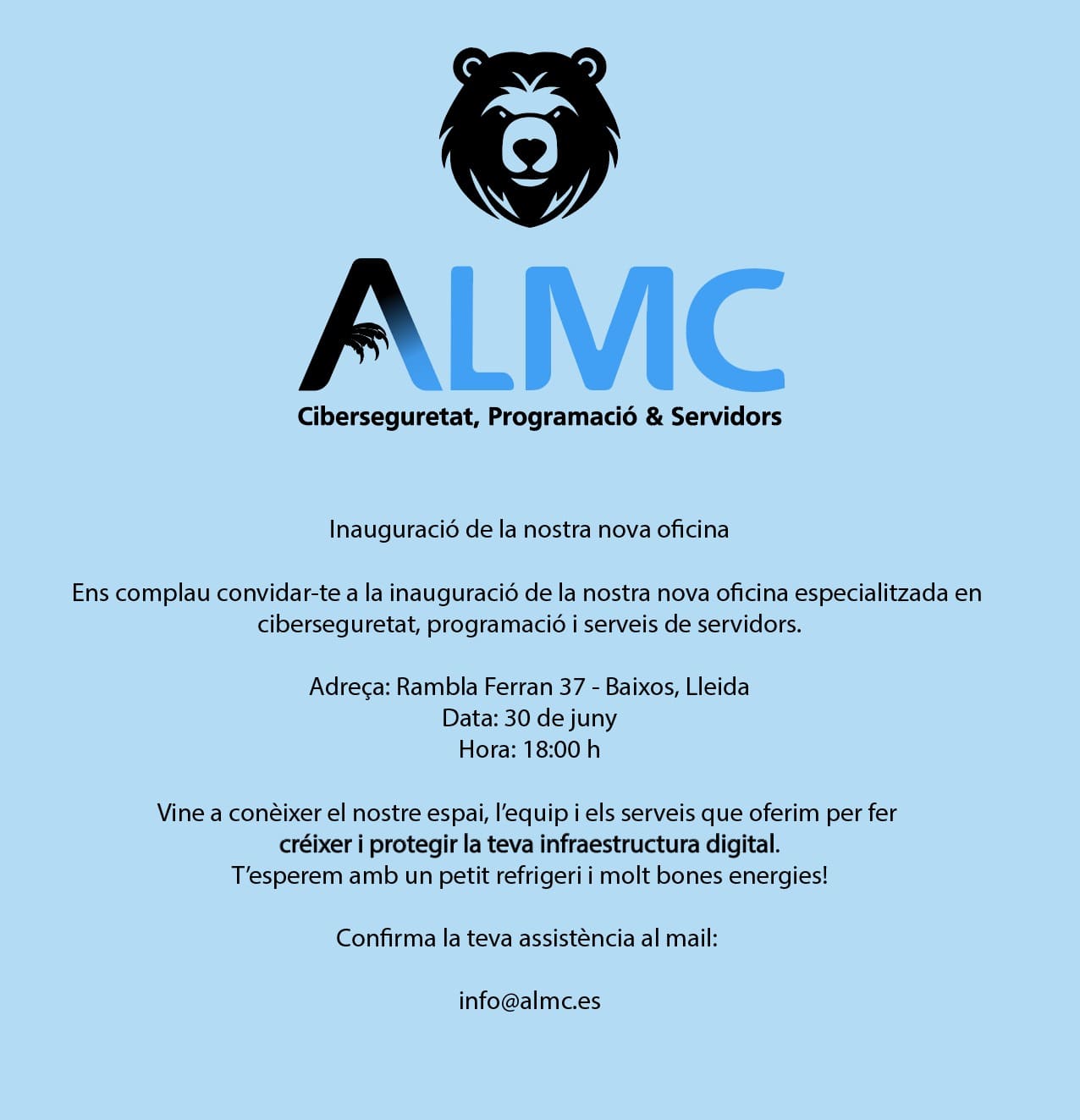MCP Script Runner
A Model Context Protocol (MCP) server that provides coding agents with a generic interface to execute developer-defined bash scripts within a Dockerized environment.
🚀 Quick Start
Option 1: Docker (Recommended)
# Clone and run with Docker
git clone <repository-url>
cd devmcp
docker compose up --build -d
# Check logs
docker compose logs -f
Option 2: Local Installation
# Clone repository
git clone <repository-url>
cd devmcp
# Install dependencies
pip install -r requirements.txt
# Run the server
python -m mcp_script_runner.server
📋 Overview
The MCP Script Runner Server enables AI agents to:
- Execute predefined bash scripts with configurable arguments
- Manage working directories for different project contexts
- Get script information including descriptions and available arguments
- List available scripts dynamically
- Handle script timeouts and error conditions gracefully
🐳 Docker Support
The project includes full Docker support for containerized execution:
- 🔧 Ready-to-use containers with all dependencies
- 🛡️ Isolated execution environment
- 📦 Easy deployment with Docker Compose
- 🔍 Debug capabilities with interactive shell access
See DOCKER.md for complete Docker usage guide.
Quick Docker Commands
# Start the MCP server
docker compose up --build -d
# Interactive development shell
docker compose --profile debug up shell
# Test script execution
docker compose exec mcp-script-runner bash scripts/hello.sh
🛠️ Installation
Prerequisites
- Python 3.11+
- Docker (for containerized execution)
- Bash-compatible shell
Local Setup
# Install Python dependencies
pip install -r requirements.txt
# Verify installation
python -c "from src.mcp_script_runner.server import main; print('✅ Installation OK')"
Docker Setup
# Build container
docker build -t mcp-script-runner .
# Or use Docker Compose
docker compose up --build
⚙️ Configuration
Configuration File: .mcp-config.json
{
"working_directory": ".",
"scripts": {
"hello": {
"path": "scripts/hello.sh",
"description": "Simple hello world script",
"arguments": [],
"timeout": 30
},
"list_files": {
"path": "scripts/list_files.sh",
"description": "List files in directory with options",
"arguments": ["directory", "options"],
"timeout": 10
}
}
}
Script Directory Structure
project/
├── .mcp-config.json
├── scripts/
│ ├── hello.sh
│ ├── list_files.sh
│ └── system_info.sh
└── src/
└── mcp_script_runner/
🔧 Available MCP Tools
| Tool | Description | Arguments |
|---|---|---|
run_script | Execute a configured script | script_name, arguments[] |
list_scripts | List all available scripts | None |
get_script_info | Get script details | script_name |
get_working_directory | Get current working directory | None |
set_working_directory | Set working directory | path |
reload_config | Reload configuration file | None |
Example Tool Usage
{
"tool": "run_script",
"arguments": {
"script_name": "hello",
"arguments": []
}
}
🏃♂️ Running the Server
Local Execution
# Start MCP server (listens on stdio)
python -m mcp_script_runner.server
# Or with explicit path
PYTHONPATH=src python -m mcp_script_runner.server
Docker Execution
# Background service
docker compose up -d
# Interactive mode
docker compose run --rm mcp-script-runner
# Debug shell
docker compose --profile debug up shell
📝 Example Scripts
Basic Hello Script (scripts/hello.sh)
#!/bin/bash
echo "Hello from MCP Script Runner!"
echo "Current directory: $(pwd)"
echo "Script arguments: $@"
echo "Date: $(date)"
File Listing Script (scripts/list_files.sh)
#!/bin/bash
DIRECTORY=${1:-.}
OPTIONS=${2:-"-la"}
echo "Listing files in: $DIRECTORY"
ls $OPTIONS "$DIRECTORY"
System Info Script (scripts/system_info.sh)
#!/bin/bash
echo "=== System Information ==="
echo "OS: $(uname -s)"
echo "Kernel: $(uname -r)"
echo "Architecture: $(uname -m)"
echo "Uptime: $(uptime)"
echo "Disk Usage:"
df -h
🧪 Testing
Unit Tests
# Run tests locally
python -m pytest tests/
# Run tests in Docker
docker compose run --rm mcp-script-runner python -m pytest tests/
Manual Testing
# Test script execution
python -c "
import asyncio
from src.mcp_script_runner.executor import ScriptExecutor
from src.mcp_script_runner.config import ConfigManager
async def test():
cm = ConfigManager()
ex = ScriptExecutor(cm)
result = await ex.execute_script('hello')
print(f'Exit code: {result.exit_code}')
print(result.stdout)
asyncio.run(test())
"
🔐 Security Considerations
- 🛡️ Containerized execution isolates script execution
- 👤 Non-root user inside containers (
mcpuser) - 📁 Limited file access through volume mounts
- ⏱️ Script timeouts prevent runaway processes
- 🚫 No shell injection - arguments passed safely
🎯 Use Cases
Development Automation
- Build and test commands
- Code generation scripts
- Development environment setup
System Administration
- System monitoring scripts
- Backup and maintenance tasks
- Configuration management
CI/CD Integration
- Deployment scripts
- Environment validation
- Automated testing workflows
Project Management
- Task automation
- Report generation
- Resource management
🐛 Troubleshooting
Common Issues
MCP Server Won't Start
# Check Python path
export PYTHONPATH=src
# Verify dependencies
pip install -r requirements.txt
# Check configuration
python -c "from src.mcp_script_runner.config import ConfigManager; cm = ConfigManager(); print('Config OK')"
Script Execution Fails
# Check script permissions
chmod +x scripts/*.sh
# Test script directly
bash scripts/hello.sh
# Check Docker logs
docker compose logs mcp-script-runner
Docker Issues
# Rebuild container
docker compose up --build
# Check container status
docker compose ps
# Interactive debugging
docker compose run --rm mcp-script-runner bash
Debug Mode
# Local debug
PYTHONPATH=src python -c "
import logging
logging.basicConfig(level=logging.DEBUG)
from mcp_script_runner.server import main
import asyncio
asyncio.run(main())
"
# Docker debug
docker compose --profile debug up shell
📚 Development
Project Structure
devmcp/
├── 📄 README.md # This file
├── 🐳 DOCKER.md # Docker usage guide
├── 📋 TASKS.md # Development tasks
├── ⚙️ .mcp-config.json # Configuration
├── 🐳 Dockerfile # Container definition
├── 🐳 docker-compose.yml # Container orchestration
├── 📦 requirements.txt # Python dependencies
├── 📦 pyproject.toml # Python project config
├── 🔧 scripts/ # Example scripts
├── 🐍 src/mcp_script_runner/ # Python source code
└── 🧪 tests/ # Unit tests
Adding New Scripts
- Create script in
scripts/directory - Make executable:
chmod +x scripts/myscript.sh - Add to
.mcp-config.json:
{
"scripts": {
"myscript": {
"path": "scripts/myscript.sh",
"description": "My custom script",
"arguments": ["arg1", "arg2"],
"timeout": 30
}
}
}
- Reload configuration: Use
reload_configtool
Contributing
- Fork the repository
- Create feature branch
- Add tests for new functionality
- Test with Docker:
docker compose up --build - Submit pull request
🚀 Deployment
Production Deployment
# Using Docker Compose
docker compose up -d
# Using Docker Swarm
docker stack deploy -c docker-compose.yml mcp-stack
# Using Kubernetes
kubectl apply -f k8s/
Integration with MCP Clients
Claude Desktop Configuration
{
"mcpServers": {
"script-runner": {
"command": "docker",
"args": ["compose", "-f", "/path/to/devmcp/docker-compose.yml", "run", "--rm", "mcp-script-runner"]
}
}
}
📄 License
MIT License - see LICENSE file for details.
🤝 Support
- 📖 Documentation: See DOCKER.md for Docker usage
- 🐛 Issues: Create GitHub issue
- 💬 Discussions: GitHub Discussions
- 📧 Contact: See repository contributors
Ready to get started?
🐳 Docker users: docker compose up --build
🐍 Local users: pip install -r requirements.txt && python -m mcp_script_runner.server




